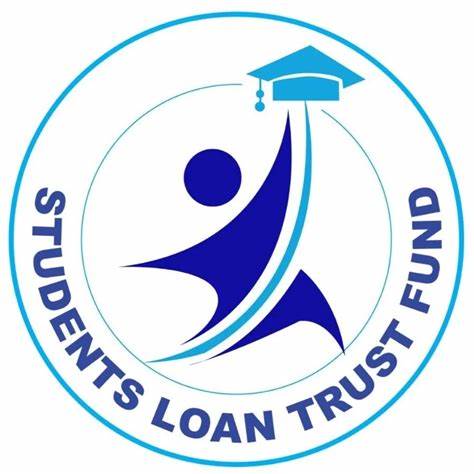‘Education is the most powerful weapon which you can use to change the world’- Nelson Mandela.
Educational welfare can be defined as a statutory procedure or social effort designed to promote the basic physical and material needs in education. Educational welfare partnerships date back to colonial days, when the Christian missions set-up schools to augment the so-called Castle Schools that where ran by the Colonial Government, in order to bring formal education to the doorsteps of their converts and also provide the basis for posterity in their missionary drive. The Islamic missions even started in the pre-colonial era, albeit informally, with the establishment of Madrasas, which culminated in the first Islamic formal school, the TI Ahmadiyya school in Kumasi in 1950. These institutions played an important role in not only augmenting the colonial and post colonial governments’ efforts at increasing access to education, but also the various philosophies of education in post independent Ghana.
In the last 30 years, the Islamic Missions have made a strong presence in formal education, with most Madrasas being converted into formal schools, and in an era when expansion in Christian schools have largely stalled, in order to promote the welfare of their following in line with the exigency of the times, but most importantly, augment Government effort at increasing access to education prescribed by the 1992 Constitution.
It is therefore, evident that religious bodies have always been partners with government in providing this important welfare service of education in Ghana. It is in the spirit of this long standing collaboration that the Zakat and Sadaqa Trust Fund, the second after the Sheik Nuhu Shaributu Education Trust Fund (SONSET), is partnering the Students Loan Trust Fund (SLTF) to promote access to tertiary education, through guaranteeing the Students Loan for Muslim students seeking tertiary education. This intervention could not have come at a better time than now, when SSNIT contributor guarantee is dwindling, resulting in a Board decision to expand the guarantor space. This led to, first, reducing the number of SSNIT contributor guarantee from 3 to 1 contributor; and extending the guarantee option to: Religious bodies, Metropolitan, Municipal and District Assemblies; and Corporate organizations.
The Students Loan Trust Fund seeks to work more closely with religious bodies in providing alternatives to education welfare with regards to financing. In this light, the scheme is glad with its partnership with the Zakat & Sadaqa Trust Fund. The Zakat & Sadaqa Trust Fund is offering to bridge tguarantors to Muslim applicants to the scheme.
The Muslim caucus in parliament launched the Zakat & Sadaqa Trust Fund to fight poverty, disease and deprivation among Muslims and non-Muslims in the country. The Fund also offers scholarships to students in need of financial support, in keeping with its key mandate of eradicating ignorance and poverty. Zakat and Sadaqa are pillars of faith in Islam, which is incumbent on every Islam faithful to abide by.
In its quest to be a household name amongst the many social intervention programmes of government, the Students Loan Trust Fund is being pro-active in activating all the guarantor options promulgated to the extent that, MMDAs in 7 out of the 10 regions in the country have finalised procedures with SLTF and are guaranteeing for students in disciplines that the assemblies will need to augment their manpower needs. 15 Churches have also begun guaranteeing for their members and their wards.
The benefits of these partnerships to the Students Loan Trust Fund are: first, it engenders the SLTF mandate of disbursing loans; and recovering same from beneficiaries when due.
In conclusion, the Students Loan Trust wishes to reiterate that Corporate organizations are also eligible to guarantee the students loan, which they should view as a mark of good corporate social responsible to their workers and communities within which they operate; and also as a mechanism of freeing up much needed resources they would otherwise be deploying towards fulfilling these responsibilities. The Fund further encourages more Religious bodies and MMDAs that have not yet made it on the SLTF list of guarantors, to take steps to ameliorate the social cost of their flowing or constituents as the case may be.






